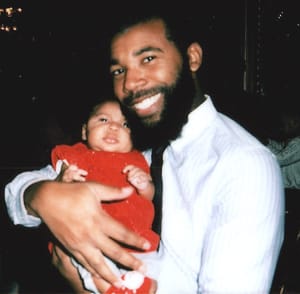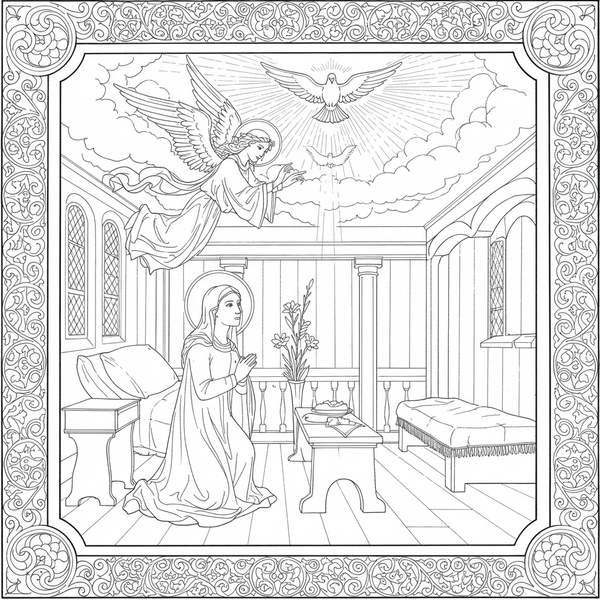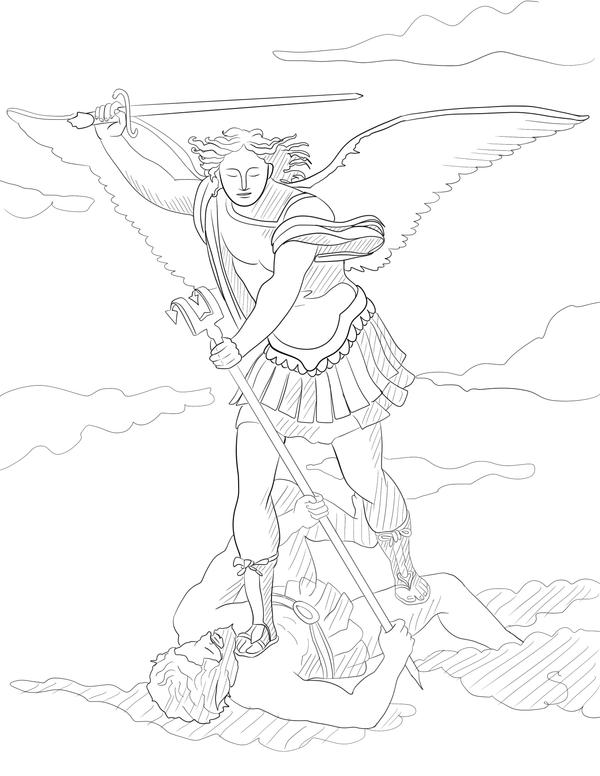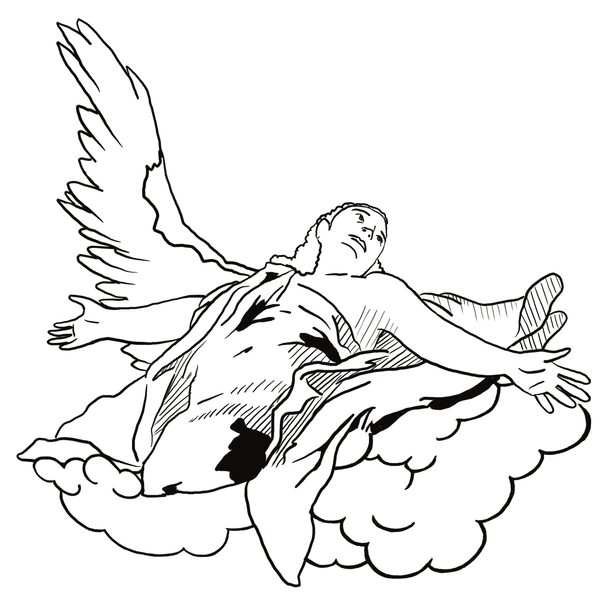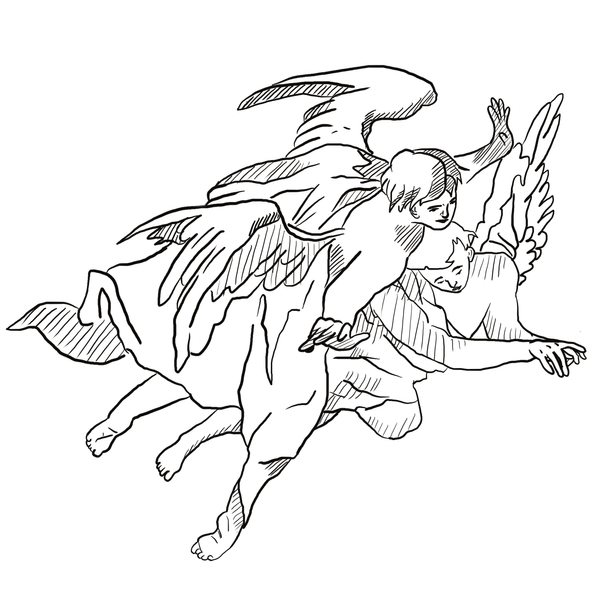Details:
When we die, our soul stands before God in the particular judgment, and we have to account for our lives– good and bad, omissions and commissions. God will then judge the soul worthy of heaven, hell, or purgatory. The body, committed to the earth, will decay.
At the end of time, however, we too will share in the resurrection of the dead, also known as the resurrection of the body. St. Paul addressed this issue: “Perhaps someone will say, ‘How are the dead to be raised up? What kind of body will they have?’ A nonsensical question! The seed you sow does not germinate unless it dies. So is it with the resurrection of the dead. What is sown in the earth is subject to decay, what rises is incorruptible. What is sown is ignoble, what rises is glorious. Weakness is sown, strength rises up. A natural body is put down and a spiritual body comes up” (I Corinthians 15:35-36, 42-44). The Fourth Lateran Council consequently (1215) decreed, Christ “will come at the end of the world… and all will rise with their own bodies which they now have so that they may receive according to their works, whether good or bad.”
At this time, through the power of Christ’s resurrection, the just shall rise, the souls shall be reunited with their bodies, and their bodies will be glorified– radically transformed and made superior to their present condition. The bodies of the wicked and “godless” will also rise again in incorruptibility and immortality, but they will not be glorified; rather, these bodies will rise as they had on earth, but more in the sense of an identity rather than an amalgamation of parts at any one time.

